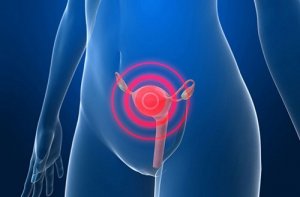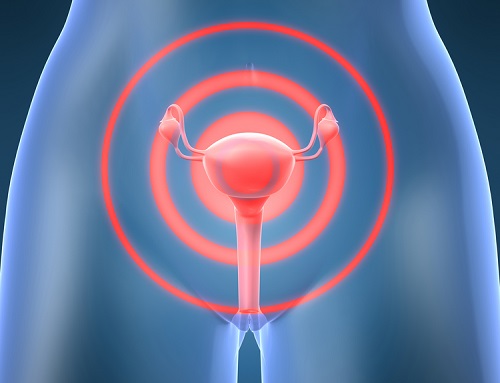Warning Signs of Possible Cervical Cancer

All kinds of cancer are extremely dangerous and should be detected early, receive proper treatment, and also a rigorous follow-up. Today, we will talk specifically about cervical cancer or uterine cancer in this article.
You should be aware of the possible symptoms of cervical cancer or uterine cancer, get regular checkups, and see your doctor as soon as symptoms arise. Below, we will talk more in depth about what the main warning signs of cervical or uterine cancer are, so keep on reading.
Warning Signs of Cancer
Various research groups on cancer agree that there is a series of warning signs that everyone should know about. Furthermore, at the smallest sign, we recommend seeing a doctor as soon as possible.
The seven warning signs for cancer detection are:
- Change in intestinal or urinary habits
- Skin ulcers that won’t heal
- Hemorrhages or secretions with no reasonable explanation
- Presence of nodules
- Persistent coughing or hoarseness
- Indigestion or difficulty when swallowing
- Changes or alterations in a mole
We also recommend: Tips to Face the News about Cancer
The Main Risk Factors of Cervical Cancer

Everyone should know that a risk factor is anything that tends to increases your probability of contracting a disease. Risk factors tend to vary according to each type of cancer, like skin cancer, etc.
Once the risk factors have been detected, you should focus on the ones you can change or prevent. For example, smoking cigarettes, and getting HPV or the human papillomavirus are ones you can control. However, you should not focus on the factors that unfortunately you cannot change like age or family history.
Below, we will list some risk factors that influence the development of cervical cancer.
Human Papillomavirus or HPV
This is considered to be the most important risk factor in contracting cervical cancer. Doctors expect a woman to be infected with HPV before developing cervical cancer, although this could possibly be from any kind of high-risk infection. Around two-thirds of all cervical cancer cases are caused by HPV 16 and 18.
Tobacco

Women who smoke have very high chances of contracting cervical cancer. Possibly, they have even double the chance of a non-smoking woman because smoking exposes the body to many carcinogenic chemical substances that can affect other organs.
Unfortunately, these substances are able to get to the blood flow because of the exchange of gases. Smoking also makes the immune system less effective in fighting HPV.
Immunosuppression
The virus that causes AIDS, also known as HIV, causes a lot of damage to the immune system and puts women at a greater risk of infection for HPV. More so, this could help explain the increased risk of cervical cancer in women with AIDS.
Chlamydia
Chlamydia is a kind of bacteria that can infect the reproductive system. Women can contract this through sexual contact. Studies have shown that women who have had or have chlamydia have a greater risk of contracting cervical cancer.
You might like: 11 Sexually Transmitted Diseases (STDs) You Need to Know About
Diet

Women with poor dietary habits have a greater risk of being diagnosed with cervical cancer. Specifically, this includes diets that lack fruit, salads, and vegetables.
Birth Control Pills
Many studies state that women who use birth control pills are more susceptible to cervical cancer. More so, if they use it for prolonged periods of time. However, the risk is reduced when the woman stops using the pills. If you have taken or are currently taking the pill for 5 or more years, the risk is more extreme.
Signs and Symptoms of Cervical Cancer
In general, the warning signs don’t begin to appear until the pre-cancerous symptom turns into a true invasive cancer, tending to grow towards the neighboring tissue. When this occurs, the most common symptoms are:
- Abnormal vaginal bleeding
- Unusual vaginal secretion
- Pain during sex
However, these symptoms are complex, because they can also be caused by other types of problems. So, it is best to consult your doctor if you are experiencing any of these symptoms.
This text is provided for informational purposes only and does not replace consultation with a professional. If in doubt, consult your specialist.








